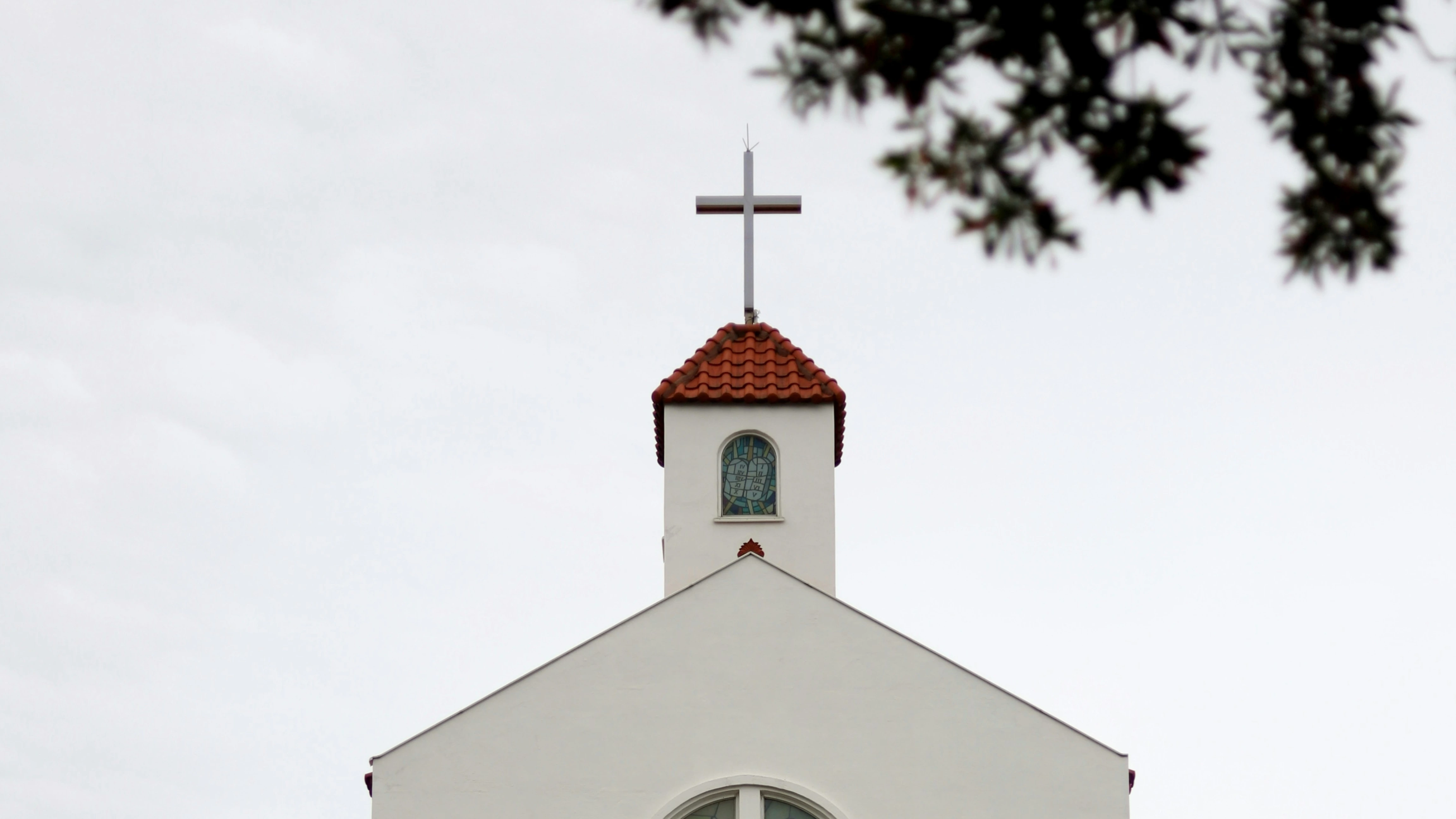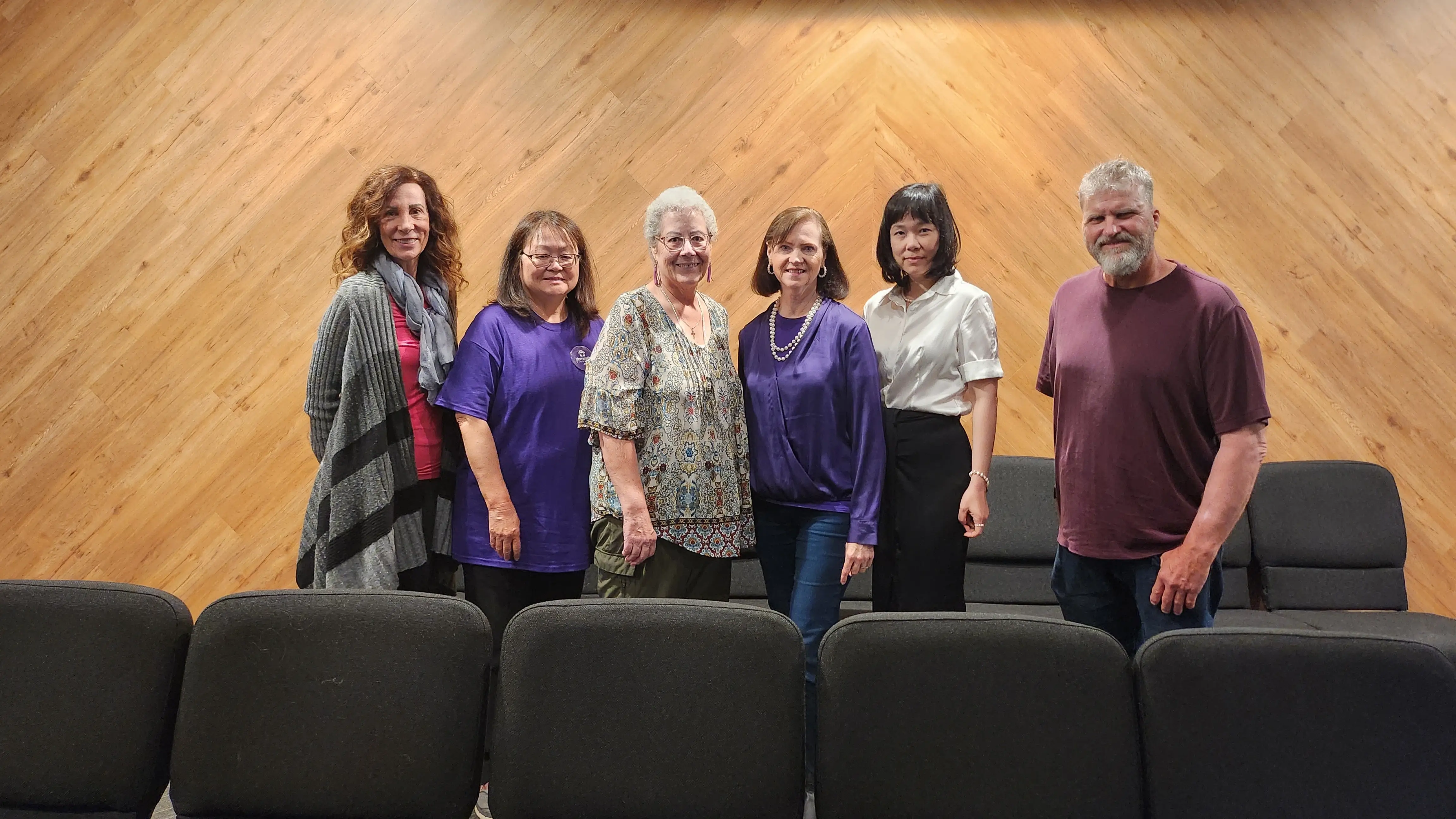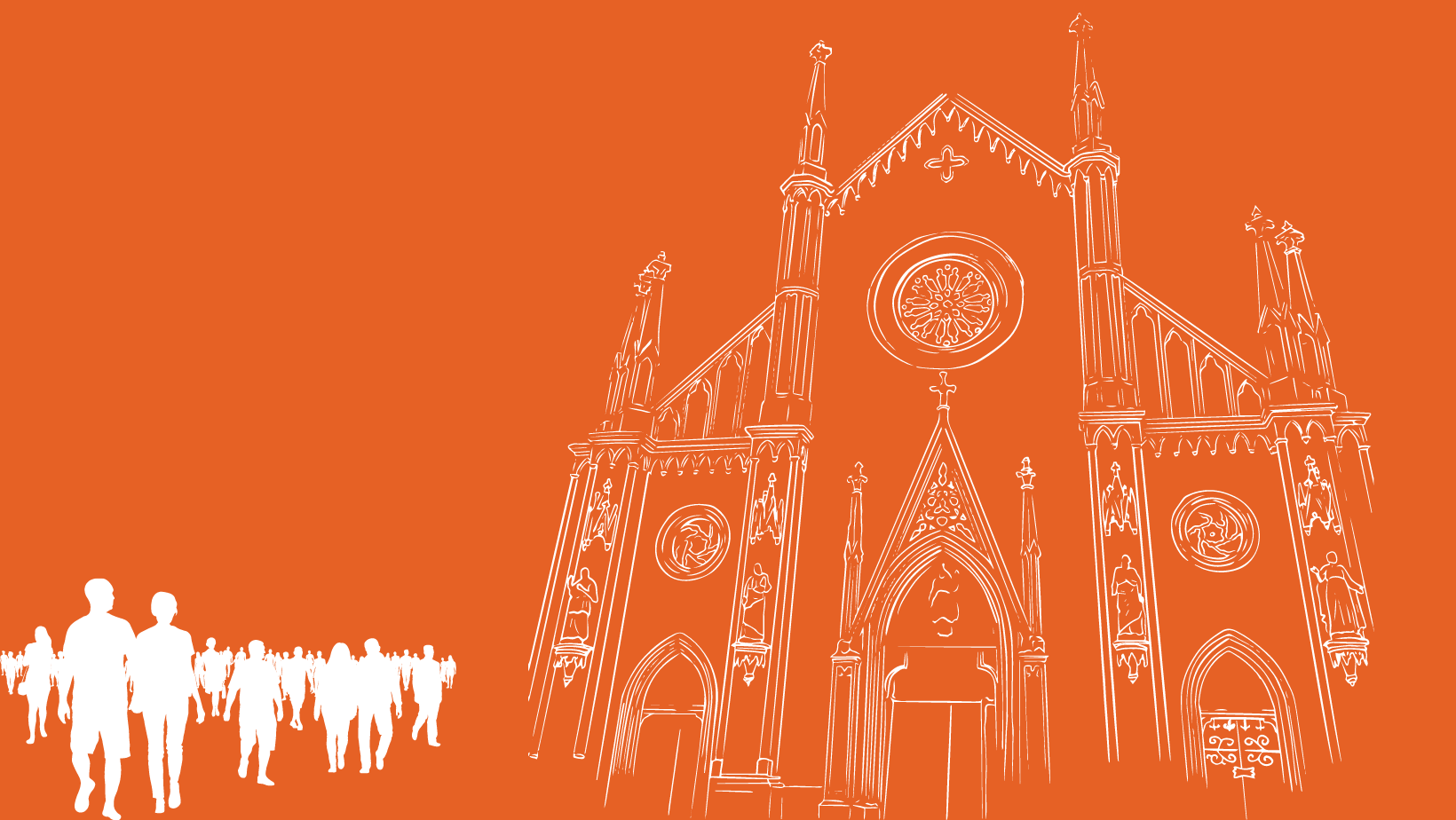
Photo by Nagesh Badu for Unsplash
Churches all around the globe come in a variety of sizes. From small community churches to mega-churches with thousands of people, there are no restrictions on the number of people attending one church. However, there is the question of whether or not the size of a congregation matters. Will the community and the spiritual growth of its members be affected by its size?
The pros and cons of large congregations
Large and small congregations have their own individual benefits. Large congregations bring forth a variety of resources and opportunities to connect with different groups of people. Most large congregations have small groups, ministry programs and volunteer opportunities with which members can get involved.
“A larger church could offer more diversity in a church body, which is great for broadening one’s perspective. A larger church potentially could offer more variety in opportunities to serve one’s community,” Charlotte Tan, a student at Biola University, said in an interview.
By having various activities and opportunities to get involved in, there is a higher chance that there is something for everyone and all age groups, according to Single Friendly Church. Large congregations may also offer larger projects, which can appeal to young professionals.
A large congregation may also have multiple speakers who give sermons on Sundays. Having a variety of speakers can give churchgoers a new and fresh perspective each week, according to families.com.
With access to money, resources and staff, churches of a larger size also can supply members with a more dynamic worship experience, according to Single Friendly Church. This worship experience is highly attractive to those in their 20s to 30s as the worship is usually pop-style worship music.

Photo by Nathan Mullet for Unsplash
While large congregations do have a lot of benefits, there are some potential downsides. Given the size and the number of people in attendance, it can be hard to get connected within the community.
“As someone who is a bit more introverted, I find it less intimidating to connect with a smaller group of people, so a smaller setting tends to help me find community faster,” Tan said.
Since it can be easy to fade into the background of a large congregation, people may be tempted to simply allow it to happen, to disappear into the mix. It can become a routine to go to church on Sunday without speaking to anyone or connecting with the community since there are so many people in one space.
“It can be easier to get swallowed up in the crowd of people attending, and never quite break into community with others in a large church,” Tan said. “It can be easier to simply be a silent bystander in a large church, to simply come in and out every Sunday without really integrating with the community.”

Photo by Adrianna Geo for Unsplash
The pros and cons of small congregations
Small congregations also have their own benefits and drawbacks as well. One notable difference between a large congregation and a small one is the sense of community.
“Generally, with a smaller church, I think it’s more common that the entire church is quite connected and close,” Tan said. Each member knows one another well.”
Small congregations bring a feeling of family, according to Grow a Healthy Church. This environment also makes it easier for new members to get integrated into the family of the congregation, and the pastor of the congregation can devote personal time to integrating new members.
Not only can the pastor of a small congregation help new people feel at home, but they also can get to know each person, according to Grow a Healthy Church. The pastor can become involved in the lives of the congregation members, walking with them in the good and bad times. This connection can also make their preaching feel more grounded and earthed.
“In a small church, you can get to know almost everyone,”Jeff Johnson, the pastor of First Baptist Church in Eutawville, South Carolina, wrote in an article for Church and Gospel. “That kind of intimacy helps me pastor and preach.”
Amongst these benefits, there are downsides to congregations that are small in size. Losing Heart conducted a survey of 2,054 churches across the UK. This survey revealed that 92% of large congregations offered young adult groups, whereas only 44% of small congregations offered the same.
Small congregations may struggle with coming to terms with their size as well, according to Church Plants. The key is to be content with what God has given them instead of chasing after something different. Small congregations do not need to be larger to achieve what God is calling them to do.
Matthew 18:20 says, “For where two or three gather in my name, there am I with them.”
God does not care about the size of the church; He cares that His children are gathering together as one to worship Him. Christians should integrate themselves into a community of fellow believers, not based on the congregation’s size, but based on how that community helps bring them closer to God and to each other.














